Zscaler plots a course for zero trust leader ahead of Zenith Live conference
Zscaler will be hoping to capitalise on recent successes by giving a strong showing at the company's annual cyber security conference in Berlin


Zero trust is a security model that has, for some time, been touted as having great potential to reduce risk and mitigate a growing array of threats now faced by enterprises globally.
Zero trust practices are becoming more popular among large organizations according to research from Gartner. The consultancy predicts that by 2026, 10% of large enterprises will have a “mature and measurable” zero trust program, marking an increase from just 1% in 2023.
Facing strong economic headwinds and ever-present security threats, enterprises are exploring new ways of keeping themselves safe in a streamlined and efficient manner.
It’s within this climate that Zscaler will attempt to position itself as a leading player in the zero trust space, as customers, press, and analysts flock to its Zenith Live conference in Berlin this week.
The conference marks the second leg of a global tour that started earlier this month. The company’s US iteration of Zenith Live was hosted in Las Vegas and coincided with several fresh announcements from the security firm.
Exceeded expectations
Zenith Live is Zscaler’s opportunity to flaunt its recent successes, including some impressive revenue growth. While industry stakeholders such as CrowdStrike or SentinelOne recorded sluggish performances during the first quarter of 2023, Zscaler exceeded expectations.
RELATED RESOURCE
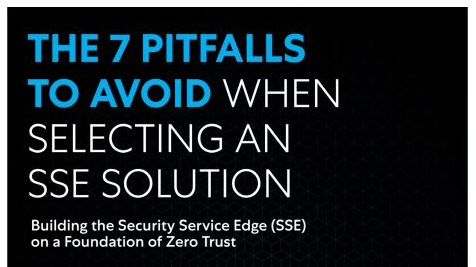
The seven pitfalls to avoid when selecting an SSE solution
Building the Security Service Edge (SSE) on a foundation of zero trust
Q1 earnings reports from the firm show that revenue surged by 46% across the quarter, up to $418.8 million. This performance was buoyed further by a positive revenue outlook for the year ahead.
Get the ITPro daily newsletter
Sign up today and you will receive a free copy of our Future Focus 2025 report - the leading guidance on AI, cybersecurity and other IT challenges as per 700+ senior executives
Conversely, mixed results at rival CrowdStrike for Q1 sent shares tumbling nearly 11% amid a hesitant outlook for the coming quarters.
In an interview with Bloomberg following these results, Zscaler CEO Jay Chaudhry suggested that the company’s unique position within the industry has placed it in a strong stance to continue tackling key pain points for customers at present - not least of all cost and return on investment.
“Macroeconomic conditions are tight, there’s a lot of scrutiny, but CIOs are still making sure they’re doing what needs to be done for cyber security,” he said. “But they want to do it by having good cost savings, and good ROI.”
Chaudhry claimed there are two key elements underpinning the company’s success of late, specifically highlighting that zero trust architectures are “fundamental” to stopping ransomware.
Non-inhibitive costs and return on investment in this regard is also propelling the firm’s performance as customers look to solidify their security posture due to escalating threats.
Chaudhry’s comments regarding the pervasive threat of ransomware follow a period of intense strain on organizations in the wake of the MOVEit breach.
Zero trust has often been touted as a key approach in the enterprise security rulebook to help mitigate the threat of ransomware, and Zscaler has established itself as a leading industry player in this regard.
In recent months, it appears ransomware and supply chain-related attacks have been a key focus for the company. In February, it acquired SaaS application security firm, Canonic Security, in a push to further solidify its supply chain security offering.
Generative AI’s security opportunity
Generative AI has been an inescapable topic in the global tech conference circuit in recent weeks, with Pure Accelerate, HPE Discover, and Dell Technologies World all focusing significant attention on this space.
Zscaler appears bullish on the potential of generative AI. The firm’s security cloud acts like a ‘switchboard’, Chaudhry told Bloomberg, and sits in the middle of communications that occur between users and applications.
It’s here that the company gains detailed insights on what he described as the “early warning signs” of pre-attack reconnaissance.
The volume of data that passes through Zscaler’s security cloud every day tops 300 billion requests, meaning that generative AI tools have great potential for disseminating large quantities of data and offering users actionable insights on emerging threats.
“Since we have such a massive cloud, we have a lot of telltale signs. And now AI/ML is helping us to figure these things out at scale and help customers,” Chaudhry said.
Zscaler has made no secret of its intention to invest in generative AI and automation. In September last year, the firm completed the acquisition of ShiftRight, which specializes in “closed loop” security workflow automation tools. This move provided customers with tools via its Zero Trust Exchange to automate security management for cloud environments.
RELATED RESOURCE

The top zero trust use cases
The challenges organizations solve to reduce risk and cost
Ahead of the Las Vegas conference, the firm unveiled a suite of new security solutions aimed at enabling IT and security teams to harness generative AI to enhance capabilities.
This includes the launch of ZScaler’s Security Autopilot, which gives users a “proactive” set of tools to predict future breaches or network security vulnerabilities.
Zscaler’s aggressive foray into the space comes during an exciting period for the broader use of generative AI in security. A host of major industry players have doubled down on generative AI in recent months, including CrowdStrike with the launch of its Charlotte AI security suite.
Microsoft and Google have led the pack in this regard with the launch of their Security Copilot and Security AI Workbench suites, both of which lent credence to the potential for generative AI in security.
ITPro will be covering Zenith Live Berlin on 28 and 29 June. To stay up-to-date with the latest news and coverage from the conference, visit the ITPro website and subscribe to our newsletter.

Ross Kelly is ITPro's News & Analysis Editor, responsible for leading the brand's news output and in-depth reporting on the latest stories from across the business technology landscape. Ross was previously a Staff Writer, during which time he developed a keen interest in cyber security, business leadership, and emerging technologies.
He graduated from Edinburgh Napier University in 2016 with a BA (Hons) in Journalism, and joined ITPro in 2022 after four years working in technology conference research.
For news pitches, you can contact Ross at ross.kelly@futurenet.com, or on Twitter and LinkedIn.
-
 Should AI PCs be part of your next hardware refresh?
Should AI PCs be part of your next hardware refresh?AI PCs are fast becoming a business staple and a surefire way to future-proof your business
By Bobby Hellard Published
-
 Westcon-Comstor and Vectra AI launch brace of new channel initiatives
Westcon-Comstor and Vectra AI launch brace of new channel initiativesNews Westcon-Comstor and Vectra AI have announced the launch of two new channel growth initiatives focused on the managed security service provider (MSSP) space and AWS Marketplace.
By Daniel Todd Published
-
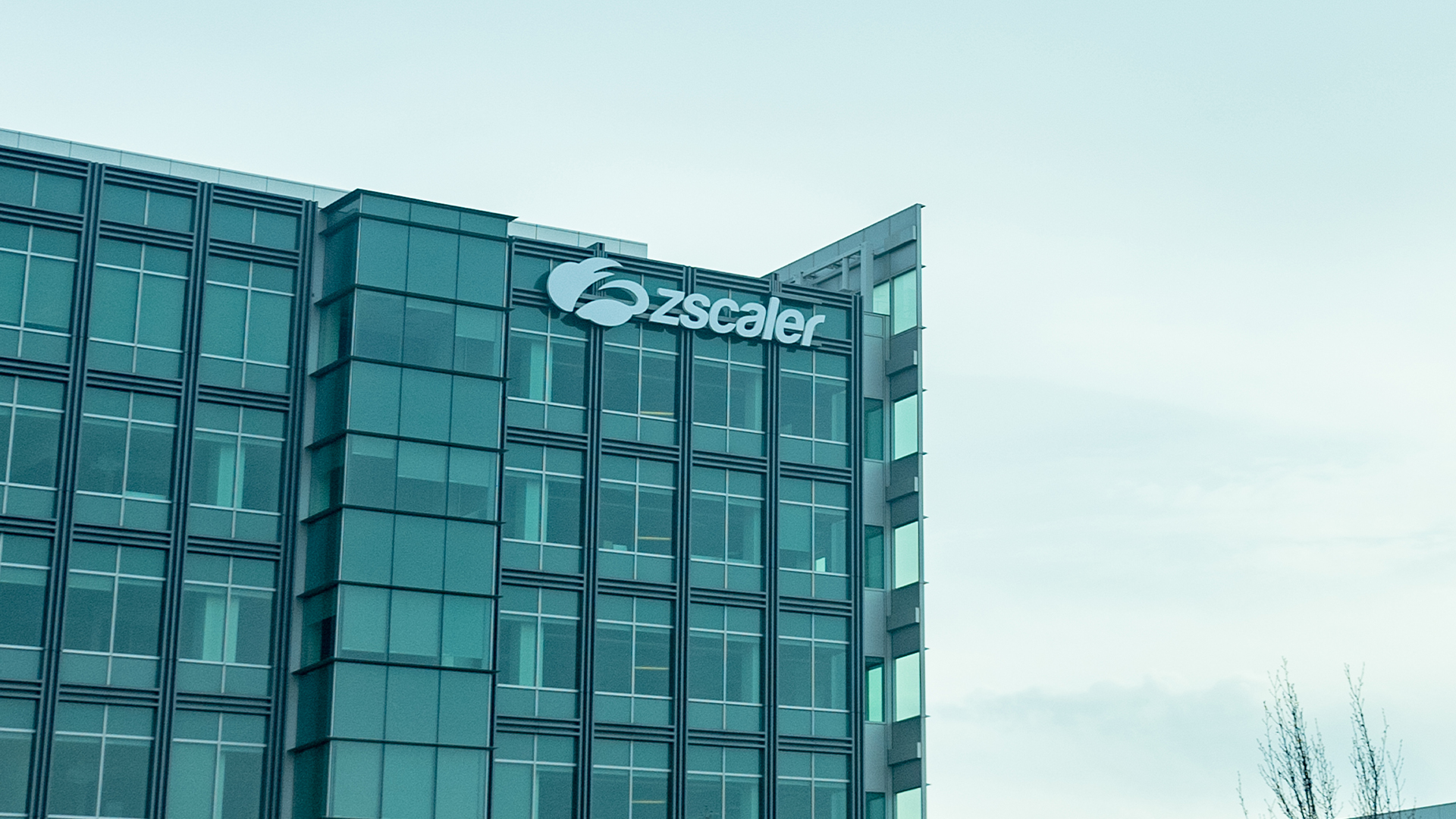 Cognizant and Zscaler expand partnership to launch new AI-powered zero trust security tools
Cognizant and Zscaler expand partnership to launch new AI-powered zero trust security toolsNews The pair’s expanded partnership aims to help customers simplify their security setups while tackling evolving cyber threats
By Daniel Todd Published
-
 Zscaler just uncovered what could be the largest ransomware payment of all time
Zscaler just uncovered what could be the largest ransomware payment of all timeNews Zscaler’s ThreatLabz identified a new record for the largest ransomware payment ever recorded, which is almost twice the size of the previous record holder
By Solomon Klappholz Published
-
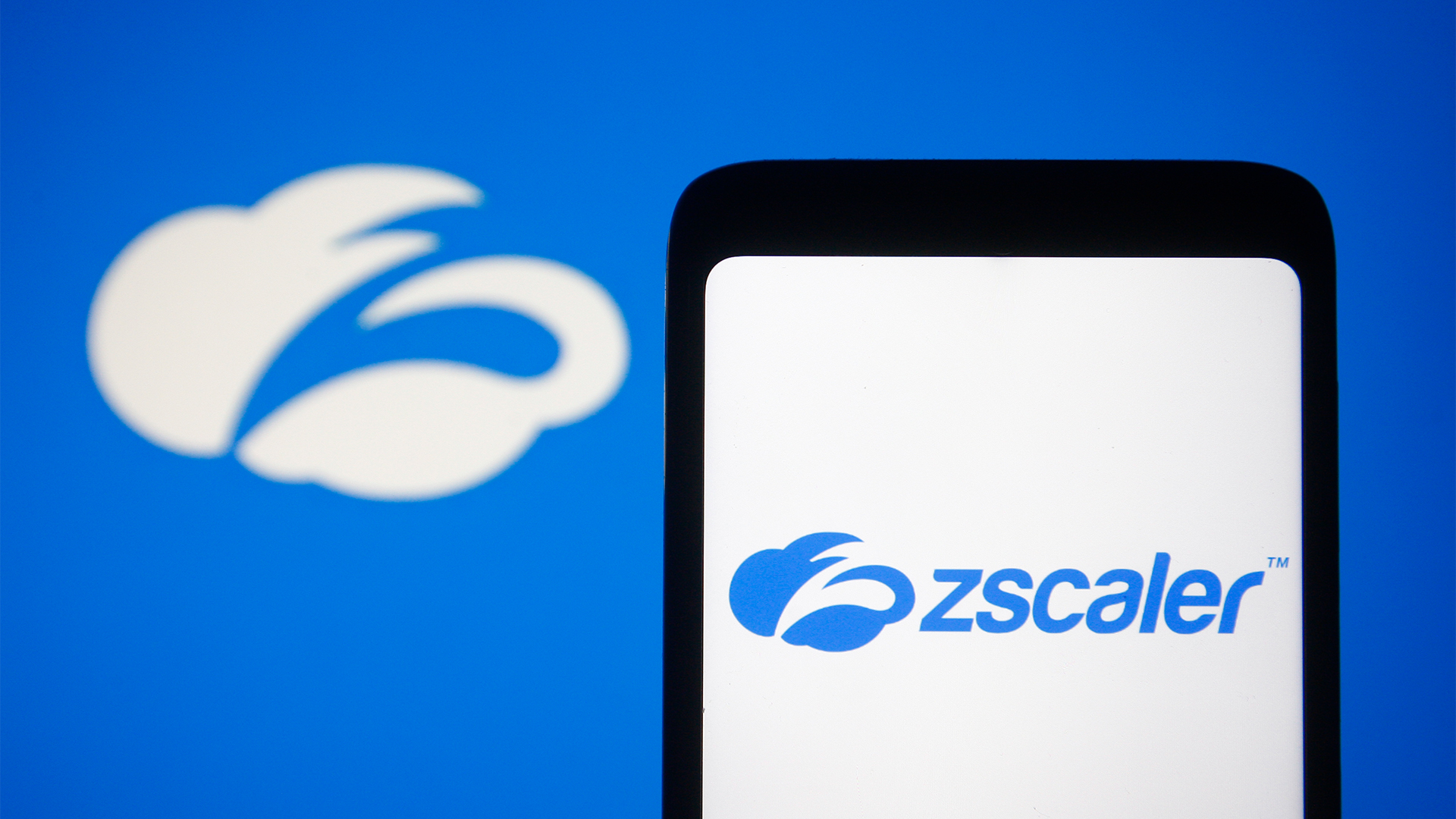 Google Workspace just got a slew of new zero trust features to help supercharge user security – here's what you need to know
Google Workspace just got a slew of new zero trust features to help supercharge user security – here's what you need to knowNews New Zscaler integrations across Chrome Enterprise, Google Workspace, and Google Security Operations aim to enhance enterprise security and access
By Daniel Todd Last updated
-
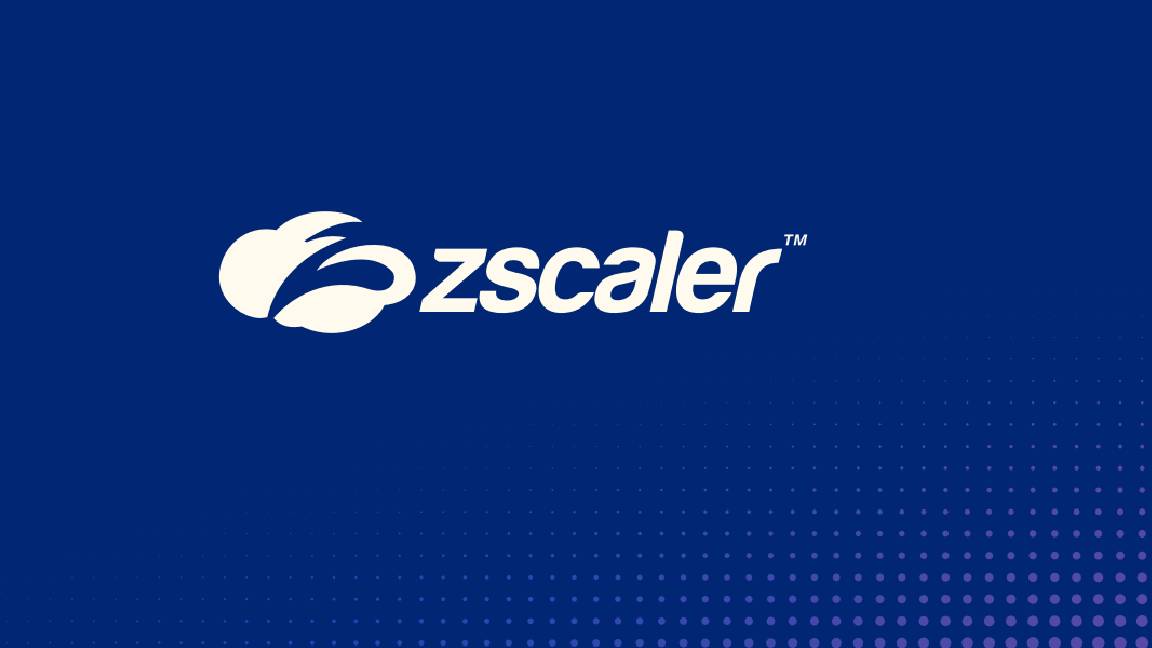 Ten ways a zero trust architecture protects against ransomware
Ten ways a zero trust architecture protects against ransomwarewhitepaper The most effective strategy for ransomware protection
By ITPro Published
-
 The state of zero trust transformation, 2023
The state of zero trust transformation, 2023whitepaper From prevention to enablement: Leveraging the full potential of zero trust for the highly mobile and cloud-centric enterprise
By ITPro Published
-
 A brief history of zero trust
A brief history of zero trustwhitepaper The cybersecurity game changer, from concept to cornerstone
By ITPro Published
-
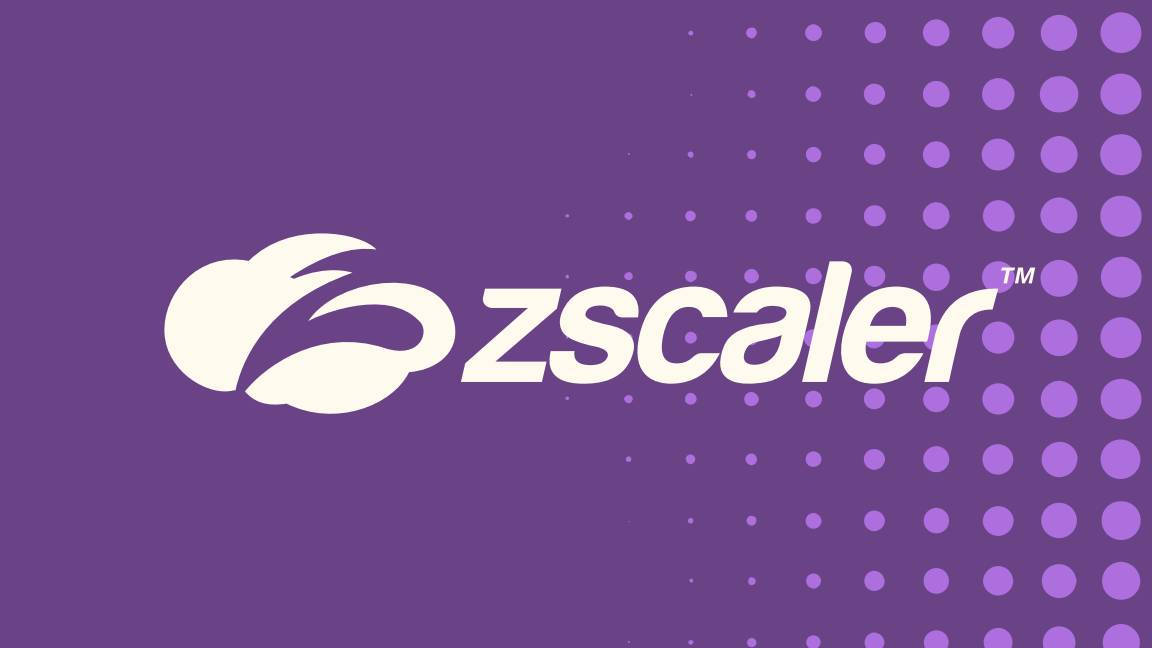 Why IT leaders should consider a zero trust network access (ZTNA) strategy
Why IT leaders should consider a zero trust network access (ZTNA) strategywhitepaper Bridge the gap between business needs and IT capabilities
By ITPro Published
-
 How to extend zero trust to your cloud workloads
How to extend zero trust to your cloud workloadsWhitepaper Implement zero trust-based security across your entire ecosystem
By ITPro Published